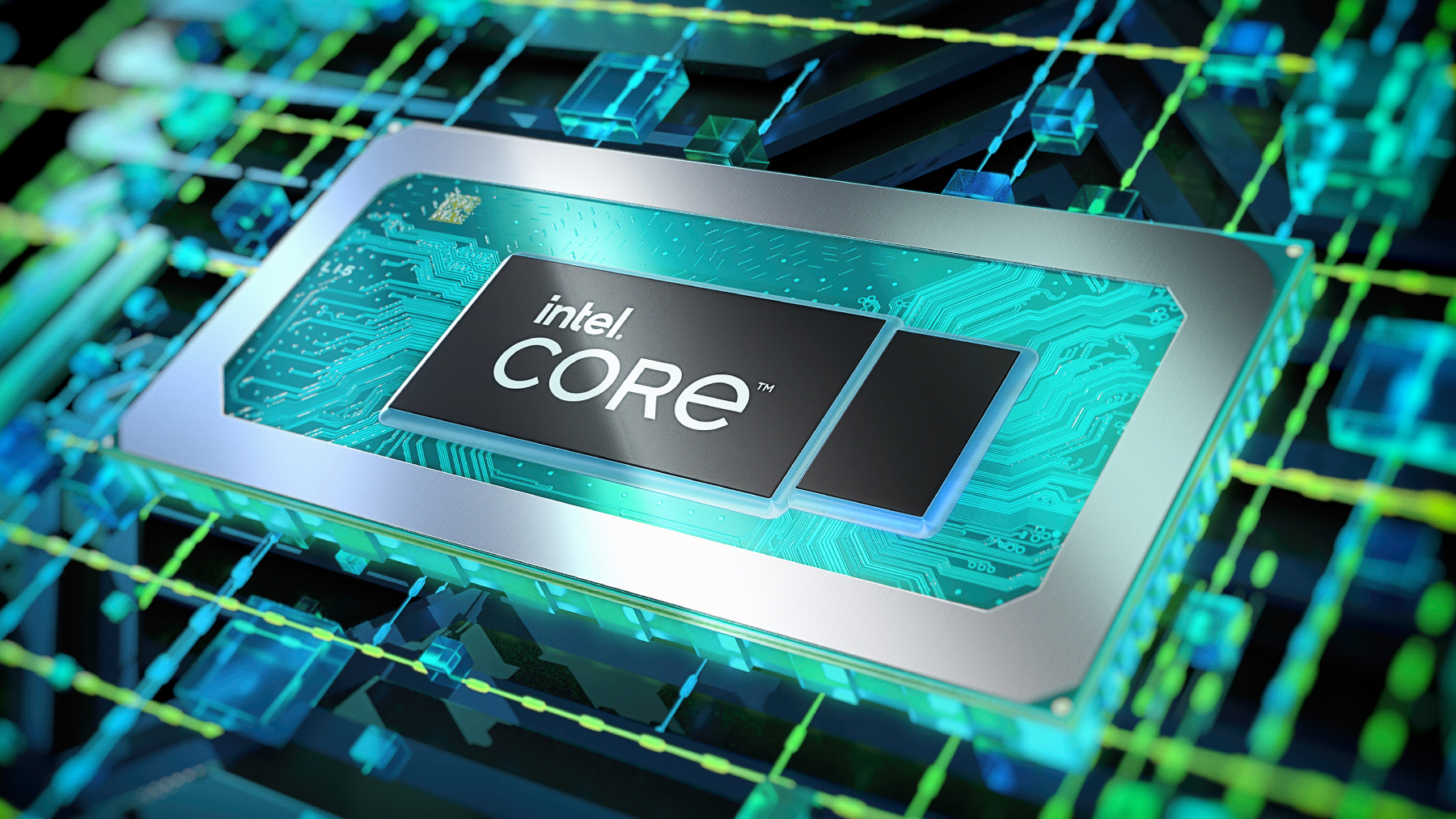Some Intel CPUs are breaking Chrome and Edge — here’s what you can do
Users may experience severe lag due to this GPU driver bug

Some Intel 12th generation “Alder Lake” processors with a specific integrated GPU aren’t playing nice with browsers like Google Chrome and Microsoft Edge. Affected machines are experiencing severe lag or outright freezing under certain circumstances. This would be bad on any system, but on what are effectively brand-new machines, it’s tantamount to a disaster.
Intel is aware of the issue and posted about it on its website. The company says that recent Intel UHD Graphics 770 drivers for Alder Lake CPUs are causing Chromium-based browsers to “lag severely.” Browsers behave as if they’re “semi-frozen,” with click response times as slow as two seconds. Scrolling is also “delayed and choppy.”
Intel said the issue can happen by opening many tabs at once or scrolling and clicking around. Using a mechanical hard disk drive (HDD) also causes problems.
So far, this problem is linked to machines with both Alder Lake CPUs and UHD Graphics 770 integrated GPUs. Eighteen desktop and laptop CPU models released between late 2021 and early 2022 are directly affected. This ranges across the i5 through i9 lines. There's a full list of models with UHD 770 integrated GPUs that you check out to see if you're at risk.

Intel details how affected users can resolve this problem, suggesting users update the browser and Windows to their respective latest versions. Users should also update the graphics driver with a clean install, along with disabling hardware acceleration on the browser or switching from an HDD to an SSD.
We expect issues to pop up with new tech, but this particular problem seems especially troublesome. After all, Chromium browsers — specifically Google Chrome — are the most widely used on Earth. Unlike AMD CPUs slowdowns in Windows 11, you’ll actually see these slowdowns since you’d only notice the latter if you were looking at your CPU speeds.
Hopefully, Intel rolls out a fix sooner rather than later. The company certainly doesn’t need this hanging over its head before the global launch of its Intel Arc Alchemist desktop GPUs, which are expected to arrive in late summer.
Get instant access to breaking news, the hottest reviews, great deals and helpful tips.

Tony is a computing writer at Tom’s Guide covering laptops, tablets, Windows, and iOS. During his off-hours, Tony enjoys reading comic books, playing video games, reading speculative fiction novels, and spending too much time on X/Twitter. His non-nerdy pursuits involve attending Hard Rock/Heavy Metal concerts and going to NYC bars with friends and colleagues. His work has appeared in publications such as Laptop Mag, PC Mag, and various independent gaming sites.
 Club Benefits
Club Benefits





